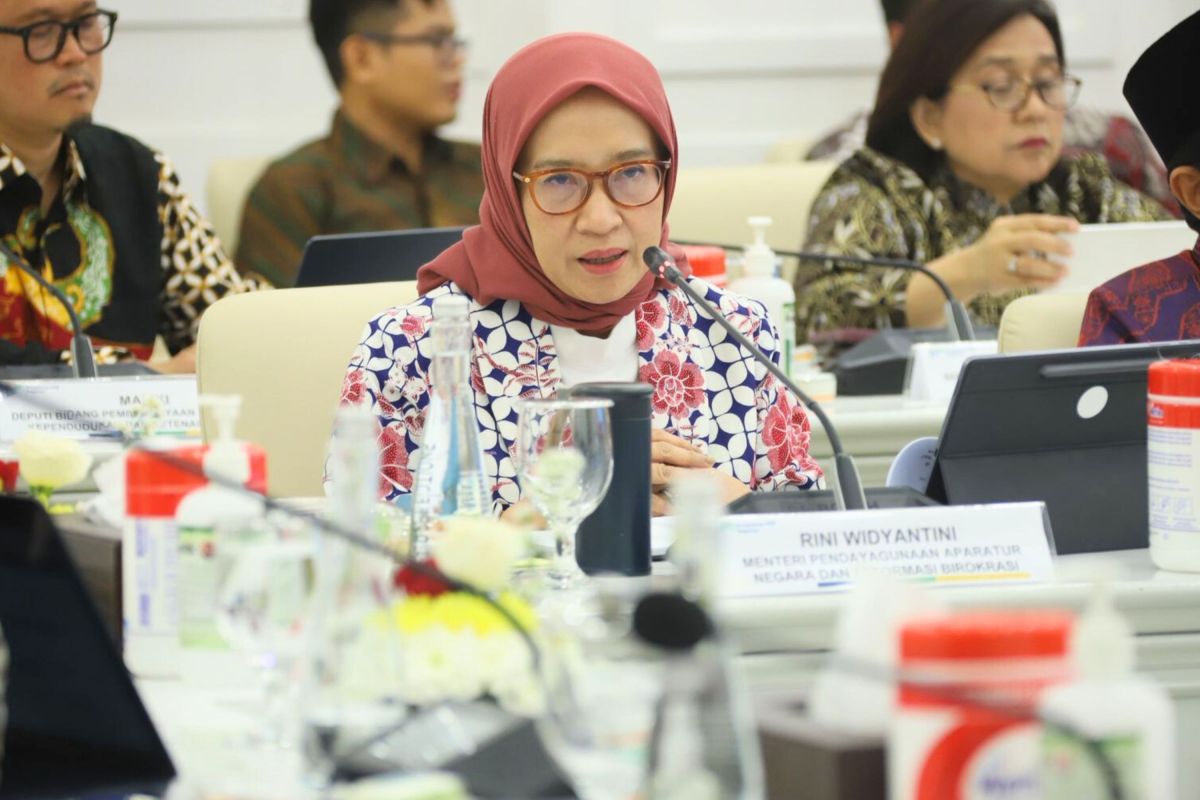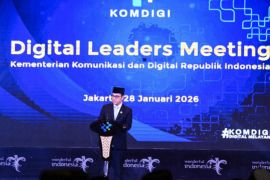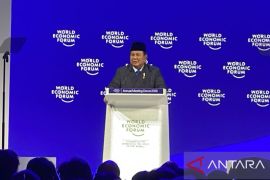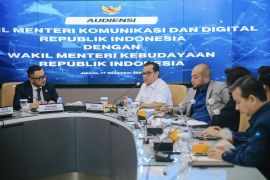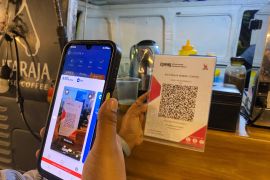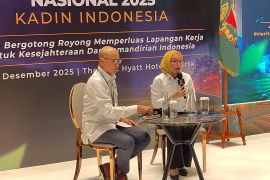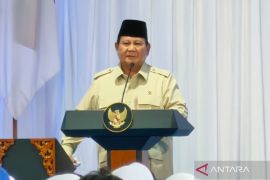The initiative is being driven through a digital transformation approach and cross-sector collaboration that prioritizes a user-centric model.
“We fully support the preparation and launch of these cards, but the various programs need to be holistically integrated. We must build a connected ecosystem,” said Rini during a ministerial-level meeting in Jakarta on Friday (Sept. 26), as quoted in a statement released Saturday.
Rini said the proposal to build this ecosystem using a Digital Public Infrastructure (DPI) approach represents a strategic step to improve the accuracy of social assistance targeting and to enhance the competitiveness of micro, small, and medium enterprises (MSMEs).
According to her, the effectiveness of these cards relies on DPI components, including Digital ID for authentication, Data Exchange for interoperability among agencies, and Digital Payment systems to ensure fast and secure transactions.
She emphasized that the development process must prioritize data protection, security by design, and security awareness to build digital trust.
"Thus, the Welfare Card and Business Card should not be seen as standalone instruments, but as part of broader efforts to integrate government services into a unified, citizen-focused system,” Rini said.
To support this, she stressed the need for a comprehensive planning strategy. First, the focus must be on programs that demand cross-sector collaboration. Second, a top-down integration design is required, leveraging digital governance and data while maintaining a user-centric service delivery model.
Third, she stated, DPI must be strengthened to ensure program accountability. Fourth, consistent implementation of cybersecurity measures and personal data protection is essential to maintain public trust.
Fifth, she added, adaptive regulation is necessary — with flexible, dynamic legal frameworks to support the use of digital technologies across sectors.
Currently, Rini noted, a pilot for digitalized social assistance distribution is underway, using interoperability with the National Socioeconomic Single Data (DTSEN).
“Therefore, the Welfare Card and Business Card programs are expected to build on this pilot, particularly in delivering more integrated and efficient social aid,” she added.
Rini reaffirmed that the government is committed to ensuring that social support reaches the intended recipients. The digitalization initiative, she said, reflects a broader government effort to deliver more accountable, efficient, and user-focused public services — while also boosting community welfare and strengthening MSMEs through digital technology.
Related news: Ministry drives governance transformation for better public services
Related news: Minister encourages AI optimization to detect misappropriation
Translator: Agatha, Azis Kurmala
Editor: Primayanti
Copyright © ANTARA 2025
